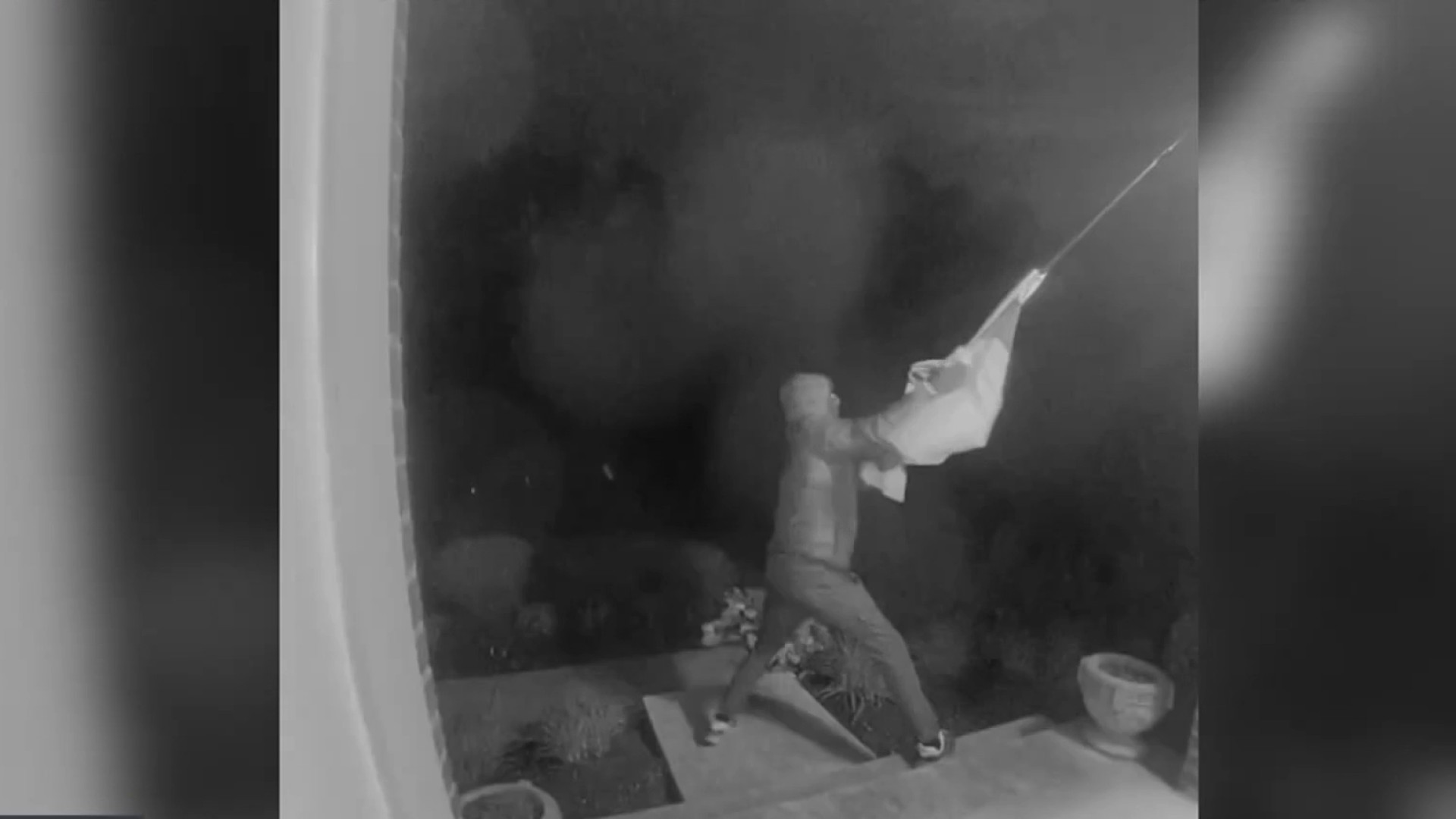What to Know
- Track workers will wear a band that alerts them when a train is approaching a work zone too fast.
- Trains have been slowed along the Blue and Yellow lines near Ronald Reagan Washington National Airport Metro station.
- Two federal track inspectors were almost hit by a train in October near Ronald Reagan Washington National Airport.
The Washington Metropolitan Area Transit Authority is testing technology to make the tracks safer for its workers who fix and maintain the system.
Track workers will wear a band that alerts them when a train is approaching a work zone too fast. It is a system that should give workers on the tracks enough time to clear the way.
It's a good step, but front line Metro workers have been complaining there should be a safety culture that doesn't have to rely on technology. They said safety should just be a part of the routine.
Two federal track inspectors were almost hit by a train in October near Ronald Reagan Washington National Airport. Federal Transit Administration inspectors said a train failed to stop or slow down, and two FTA inspectors assessing track conditions jumped out of the way.
Raymond Jackson, second vice president of Amalgamated Transit Union Local 689, said being out on the tracks is one of the most dangerous jobs at the transit agency.
“Not all the time, no. I can honestly say not all the time," Jackson said when asked if he felt safe when he is working on the tracks. “Our members have been the only ones who have ever been hurt on the tracks."
Local
Washington, D.C., Maryland and Virginia local news, events and information
Trains have been slowed along the Blue and Yellow lines near Ronald Reagan Washington National Airport Metro station. Front line workers said the real issue comes down to a lack of preparation and focus.
"My biggest complaint here is there is not enough training,” said Alan Young, with the Metro track department. “The training we do have is not that effective."
In addition to the new technology, Metro also is retraining operators and track workers to prevent what could be a deadly accident.



